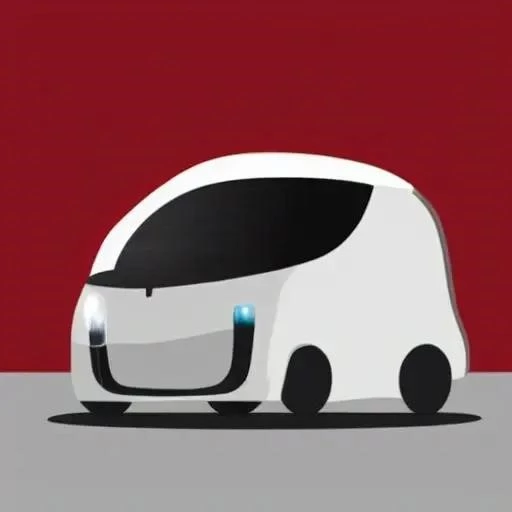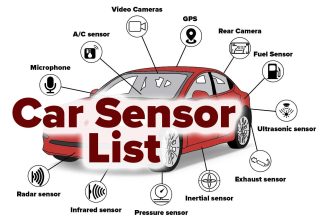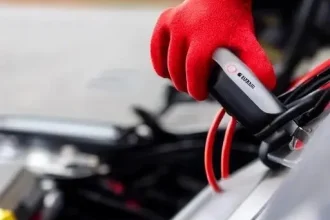As the automotive landscape rapidly electrifies‚ a persistent question often sparks confusion among prospective buyers and seasoned enthusiasts alike: do electric cars‚ those sleek harbingers of a sustainable future‚ still demand the traditional ritual of an engine oil change? In an era witnessing an unprecedented pivot towards zero-emission transportation‚ understanding the fundamental differences in vehicle architecture is paramount‚ profoundly impacting everything from maintenance schedules to long-term ownership costs. This critical inquiry delves deep into the very heart of electric vehicle engineering‚ dispelling myths and illuminating the remarkably streamlined reality of EV care.
For decades‚ the rhythmic hum of a combustion engine and the periodic necessity of an oil change were synonymous with car ownership‚ an ingrained part of automotive maintenance. However‚ electric vehicles (EVs) represent a monumental departure from this mechanical legacy‚ fundamentally redefining what constitutes an “engine” and‚ consequently‚ its lubrication requirements. Unlike their gasoline-powered predecessors‚ which rely on a complex interplay of pistons‚ valves‚ and crankshafts generating immense friction and heat‚ EVs are propelled by electric motors. These motors operate on an entirely different principle‚ eschewing the internal combustion process that necessitates copious amounts of engine oil for cooling and friction reduction‚ signaling a transformative shift in vehicle design and upkeep.
EV Maintenance Essentials: A New Paradigm
| Category | Internal Combustion Engine (ICE) Cars | Electric Vehicles (EVs) |
|---|---|---|
| Engine Oil | Required for lubricating pistons‚ valves‚ and other moving parts; regular changes essential. | NOT required. EVs do not have an internal combustion engine. |
| Transmission Fluid / Gear Oil | Required for multi-speed transmissions; periodic checks/changes. | Required for single-speed reduction gears in the drive unit; typically less frequent service. |
| Coolant | Engine coolant for heat management; often for cabin heating. | Battery and motor coolant for thermal management; crucial for performance and longevity. |
| Brake Fluid | Required for hydraulic braking system; periodic checks/flushes. | Required for hydraulic braking system; often lasts longer due to regenerative braking. |
| Windshield Washer Fluid | Essential for visibility. | Essential for visibility. |
While the classic engine oil is conspicuously absent from an EV’s maintenance checklist‚ it is crucial to understand that electric vehicles are not entirely fluid-free. They still necessitate several other lubricants and coolants vital for their optimal operation and longevity. For instance‚ the drive unit‚ which often integrates the electric motor‚ power electronics‚ and a single-speed reduction gear‚ typically requires specialized gear oil. This fluid ensures the smooth functioning and cooling of these critical components‚ albeit with significantly extended service intervals compared to conventional engine oil. Furthermore‚ sophisticated thermal management systems‚ crucial for maintaining the optimal operating temperature of the high-voltage battery pack and electric motors‚ rely on dedicated coolant. This system is incredibly effective‚ safeguarding performance and extending battery life‚ illustrating a new frontier in automotive fluid dynamics.
The inherent simplicity of EV powertrains translates into profound benefits for consumers and the environment alike. Eliminating the need for engine oil not only reduces routine maintenance costs and time but also significantly diminishes the environmental impact associated with oil production‚ consumption‚ and disposal. This shift represents a tangible step towards a cleaner‚ more sustainable future‚ resonating deeply with a growing demographic of eco-conscious drivers. Industry experts‚ from Gulf Oil International to leading dealerships like First Texas Honda and Phil Long‚ universally confirm that EVs do not use engine oil for lubrication in the traditional sense‚ highlighting the widespread acceptance and understanding of this fundamental difference across the automotive sector. This consensus underscores a collective forward-looking vision‚ embracing innovation for a better tomorrow.
The evolution of electric vehicle technology is not merely about propulsion; it’s about a holistic re-imagining of automotive engineering and ownership. By integrating insights from advanced AI-driven diagnostics and leveraging durable‚ low-friction materials‚ modern EVs are setting new benchmarks for reliability and simplified maintenance. This forward-thinking approach is already shaping the service industry‚ prompting technicians to acquire new skills and adapt existing facilities for the unique demands of electric powertrains. The optimistic outlook permeating the industry suggests that as EV adoption accelerates‚ the benefits of their streamlined maintenance – spearheaded by the absence of engine oil – will become increasingly apparent‚ persuasively drawing more drivers into the electric revolution.






